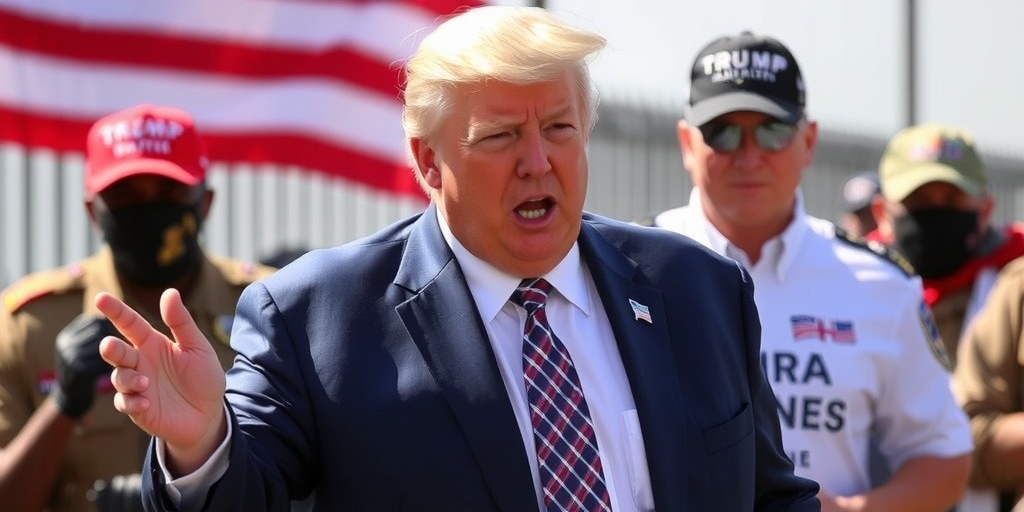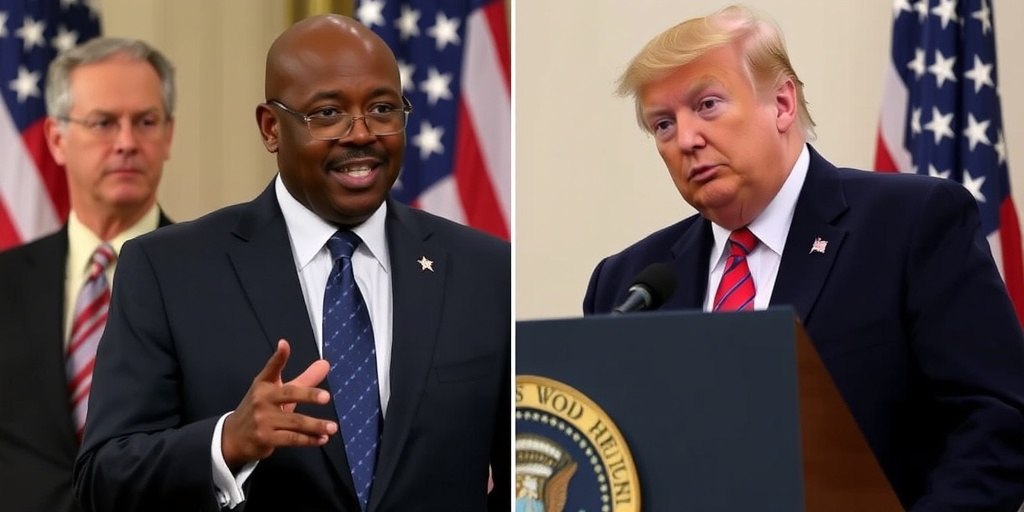Now Reading: Biden Tightens Cybersecurity Rules, Pressuring Trump
-
01
Biden Tightens Cybersecurity Rules, Pressuring Trump
Biden Tightens Cybersecurity Rules, Pressuring Trump

Biden Executive Order Aims to Strengthen Cybersecurity Against Foreign Threats, but Future Uncertain
In a decisive move, President Joe Biden issued an executive order on Thursday mandating that software companies seeking contracts with the federal government demonstrate robust security measures designed to defend against threats from foreign adversaries. These adversaries include Chinese intelligence agencies, Russian ransomware groups, North Korean cryptocurrency criminals, and Iranian espionage efforts.
However, as the Trump administration prepares to take over, it remains uncertain whether these newly established cybersecurity regulations will be upheld. The Trump administration, known for its deregulation efforts, may choose to abrogate some of the measures Biden’s administration has put in place, despite the heightened emphasis on countering threats from nations like China.
The order is a culmination of Biden’s administration’s concerted effort over the past four years to protect American infrastructure from increasingly sophisticated surveillance tactics. Despite these efforts, the reality has been stark, with hackers frequently outpacing defenses. Over the last two years alone, there have been numerous successful breaches, including attacks on critical infrastructure such as the utility grid, pipelines, and telecommunications systems. Notably, in recent weeks, the Treasury Department faced an incursion that underscored the vulnerabilities present in current cybersecurity postures.
With Biden’s term coming to an end, the executive order reflects a last-minute push to reinforce the country’s defenses against cyber threats. Incoming Trump officials have voiced concerns that America’s cybersecurity capabilities remain easily compromised, suggesting that a significant overhaul may be necessary.
The newly implemented regulations introduce a first-of-its-kind requirement: software vendors must not only assert compliance with basic cybersecurity standards, but they must also publish evidence of such compliance. The executive order identifies China’s persistent cyber threats as a primary concern and signals a significant shift from a previously voluntary industry-driven approach towards more stringent mandatory requirements.
Biden’s administration has concluded that mere encouragement for companies to voluntarily invest in cybersecurity has proven insufficient. Instead, the new order aims to compel firms to adopt robust security measures, ensuring transparency regarding their compliance. This shift is particularly relevant in light of recent breaches, as it will allow federal officials to scrutinize whether companies left gaps in their defenses during future cyber incidents.
The federal government’s jurisdiction over the software supply chain will expand under these new rules, building on existing regulatory efforts that have already been applied to pipelines, rail networks, and healthcare entities. Anne Neuberger, the Deputy National Security Adviser for Cyber and Emerging Technologies, emphasized that this executive order is designed to guide the nation toward more defensible networks spanning both government and private sectors.
The impetus for these requirements stems from past experiences, notably the SolarWinds breach that occurred during Biden’s transition to the presidency. Russian intelligence successfully infiltrated software utilized by numerous government agencies and private firms, which enabled them to conduct broad surveillance operations. After witnessing such vulnerabilities first-hand, the Biden administration decided a robust regulatory framework was necessary to ensure companies manage their cybersecurity protocols effectively.
Neuberger remarked on the inadequacy of prior rules, where companies could simply declare their cybersecurity standards without having to substantiate those claims. The new order seeks to eliminate this loophole by requiring companies to publicly share their compliance steps. This move is intended to create accountability and foster an environment where proactive cybersecurity measures are genuinely implemented.
Despite the intended efficacy of the new rules, skepticism remains regarding their enforcement under the Trump administration. With the Biden administration adopting many prior regulations from Trump’s presidency, it is unclear whether the incoming administration will continue this trend or pivot towards more deregulation. This uncertainty could lead companies to test the waters regarding compliance with the new guidelines.
Further complicating matters, Representative Michael Waltz, the incoming national security adviser, has underscored a focus on more offensive cyber operations against foreign adversaries rather than solely bolstering defensive measures. This stance indicates a potential shift away from collaborative resilience-building efforts towards a more aggressive posture in cyberspace.
In summary, while Biden’s executive order marks a significant step toward enhancing the cybersecurity framework governing federal contracts, the future of these regulations hangs in the balance as the Trump administration takes office. Cybersecurity experts and officials will be watching closely to see how the incoming administration balances its deregulation efforts with the pressing need to protect American networks against foreign threats.
Stay Informed With the Latest & Most Important News
Previous Post
Next Post
-
 01New technology breakthrough has everyone talking right now
01New technology breakthrough has everyone talking right now -
 02Unbelievable life hack everyone needs to try today
02Unbelievable life hack everyone needs to try today -
 03Fascinating discovery found buried deep beneath the ocean
03Fascinating discovery found buried deep beneath the ocean -
 04Man invents genius device that solves everyday problems
04Man invents genius device that solves everyday problems -
 05Shocking discovery that changes what we know forever
05Shocking discovery that changes what we know forever -
 06Internet goes wild over celebrity’s unexpected fashion choice
06Internet goes wild over celebrity’s unexpected fashion choice -
 07Rare animal sighting stuns scientists and wildlife lovers
07Rare animal sighting stuns scientists and wildlife lovers





















